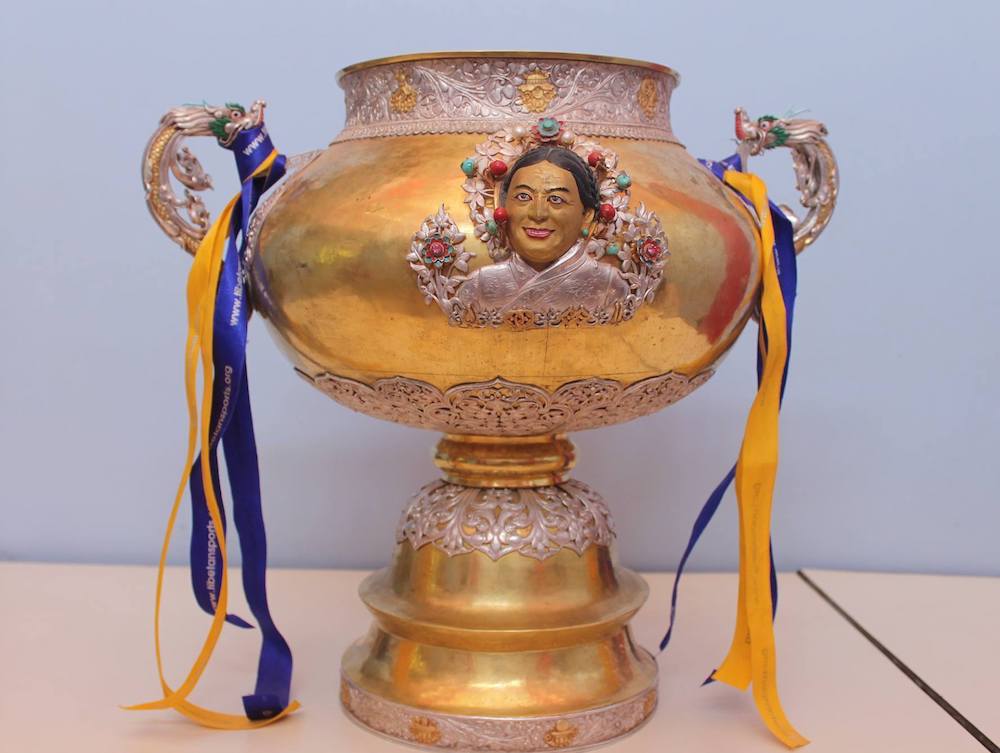By Tsering Dhundup
DHARAMSHALA June 27: Seven South Korean legislators from the Democratic Party (DP), including former Culture Minister Do Jong-hwan, have come under intense criticism for their visit to the China Xizang Tourism and Culture Expo in Tibet earlier this month.
The lawmakers’ trip to Tibet initially remained unknown until the local newspaper Hankook Ilbo reported that another group of legislators from the Democratic Party had previously visited Beijing. Despite facing public opposition, the lawmakers proceeded with their visit. However, when it was revealed that the Chinese government had funded the entire trip, critics accused the liberal party’s legislators of being exploited for Chinese propaganda purposes, reported Korean Daily JungAng.
During their attendance at the expo in Tibet, Do Jong-hwan claimed to be unaware of the negative public opinion surrounding their visit and declined to comment on the absence of Western countries. Upon his return, Do appeared on a radio show where he downplayed the issue of human rights violations in Tibet, regarding them as events that transpired over seven decades ago.
The remarks made by Do and his fellow legislator, Rep. Min Byoung-dug, who was also part of the delegation to Tibet, sparked sharp criticism from the Jogye Order of Korean Buddhism, the country’s largest Buddhist sect. The Jogye Order condemned the comments, characterizing them as either showing ignorance of universal human rights issues or dismissing them as mere history. The Buddhist sect expressed surprise and deep regret, emphasizing the importance of understanding and acknowledging the ongoing suffering faced by the Tibetan people.
The Jogye Order further emphasized the significant impact that comments made by public figures can have, both positively and negatively, and called upon Rep. Do Jong-hwan and Min Byoung-dug to issue sincere apologies to those who sacrificed their lives through self-immolation in protest against the Chinese government’s oppression and to recognize the ongoing plight of Tibetans.
The controversy surrounding the DP legislators’ visit to Tibet comes at a time when tensions between Korea and China continue to escalate. This incident further strains diplomatic relations and raises concerns about the alignment of the lawmakers’ actions with universal human rights principles.
The fallout from this visit underscores the need for a nuanced approach to sensitive diplomatic engagements, especially in regions marred by human rights concerns, as well as the importance of acknowledging the suffering of affected communities.










